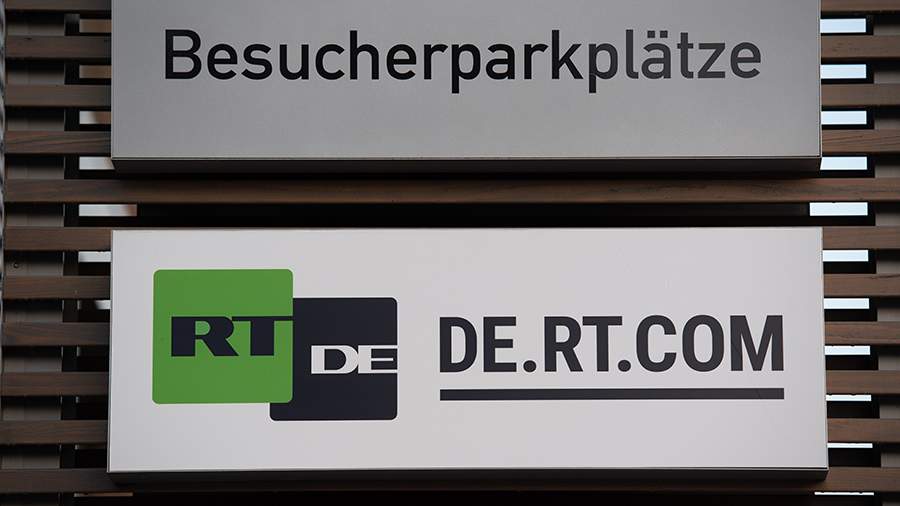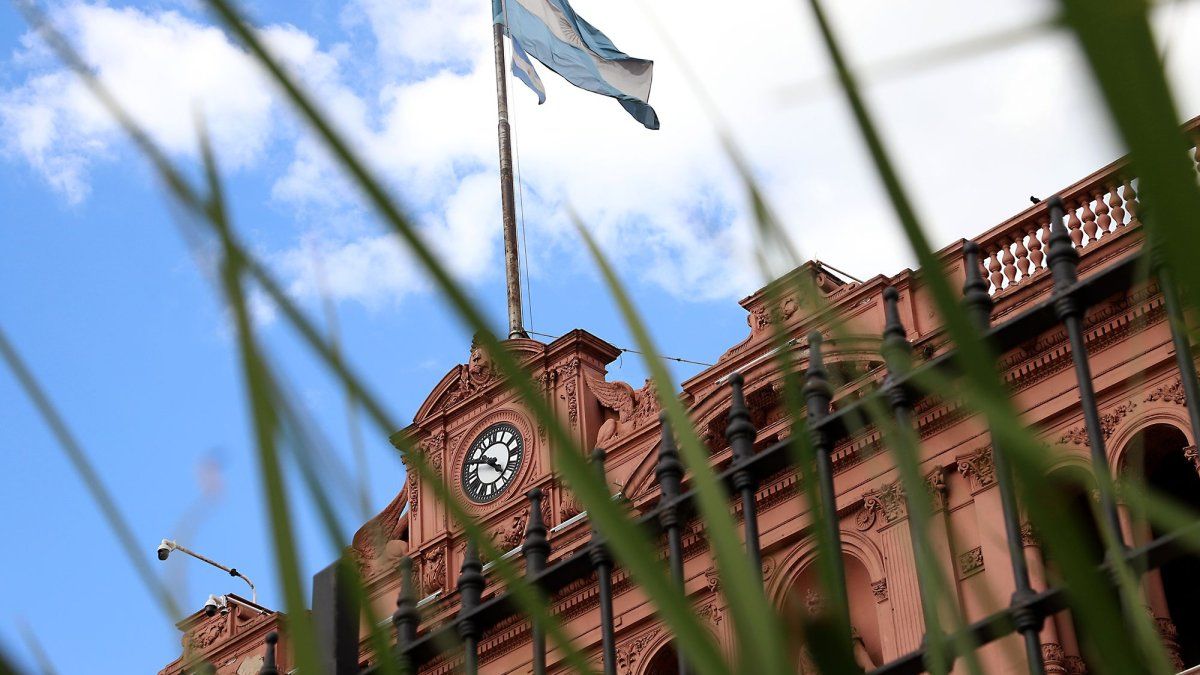The Russian Foreign Ministry on Wednesday, February 9, denied the material of Novaya Gazeta, which covered the closure of the office of the German broadcasting company Deutsche Welle in Moscow and the scandal surrounding RT DE. The relevant publication is posted on the website of the Foreign Ministry.
As noted in the ministry, the article contains a large number of inaccuracies and “deliberate distortions that mislead readers.” It is also emphasized that the confrontation in the media sphere was caused precisely by Berlin, which “contrary to its obligations under a number of the above international treaties, prohibits the broadcasting of Russian media licensed in Europe.”
“The statement that “the Russian Foreign Ministry has brought the issue of media corporations to the interstate level” actually shifts the responsibility for the escalation of the conflict to Moscow, although it is well known that the German side gave an interstate dimension to this issue by banning the possibility of broadcasting the RT DE channel in Germany in violation of the provisions of the Convention. Moscow’s measures are retaliatory,” the Russian Foreign Ministry said in a statement.
In addition, the Foreign Ministry does not agree with the statement of the newspaper that allegedly only Germany could issue a license to broadcast in the country in German. The diplomats explained that Germany does not have a monopoly on issuing licenses to foreign German-language media that broadcast not from Berlin, but from Moscow.
“Luxembourg is a partially German-speaking state, and a Russian TV channel broadcasting from Russia had every right to be registered there and broadcast to a German-speaking viewer. The duchy refused not for a formal reason, but for the reason that Berlin put direct pressure on it, which did not allow a new TV channel with an alternative editorial policy to appear in the European media space, ”the ministry said.
The diplomatic department noted that RT did not carry out any legal manipulations, since the broadcasting space in Europe is connected not only with EU standards, but also with the European Convention on Transfrontier Television, which legally allows you to broadcast a TV signal in European countries if the channel has received a license in one of the signatory countries. Therefore, it follows that the license eventually obtained by the TV channel in Serbia falls under this case.
The Ministry of Foreign Affairs expressed regret that the publication did not apply for an official comment, and also added that the authors should have at least asked the opinion of the TV channel itself about the events, but Novaya Gazeta did not consider it necessary to do so.
Earlier in the day, Foreign Ministry spokeswoman Maria Zakharova said Russia was calling on an Organization for Security and Cooperation in Europe (OSCE) representative to on freedom of the media Teresa Ribeira to take an honest position in the situation around the TV channels RT DE and Deutsche Welle. According to her, the Russian side failed to find a single statement by Ribeiro in connection with the “harassment” and “slander campaign” against RT in Germany and other countries. At the same time, Zakharova noted, Moscow’s response to actions against Russian media causes a flurry of indignation from the OSCE representative.
On Wednesday, RT DE Productions filed a lawsuit in Berlin demanding that the decision to ban the channel from broadcasting in Germany be overturned.
On February 2, the German authorities banned the broadcasting of the RT DE TV channel on the Eutelsat satellite, smart TV, the RT website and app, and the Odyssey platform. RT expressed the opinion that the actions of the German media regulator are illegal and violate the European Convention on Cross-border Television (ECTT).
On February 3, the Russian authorities, as part of the first stage of response to the ban on the broadcasting of the RT DE channel in Germany, decided to close the Deutsche Welle correspondent office in Russia. On February 4, the Moscow bureau of the TV channel stopped working.
Source: IZ
Jane Stock is a technology author, who has written for 24 Hours World. She writes about the latest in technology news and trends, and is always on the lookout for new and innovative ways to improve his audience’s experience.




